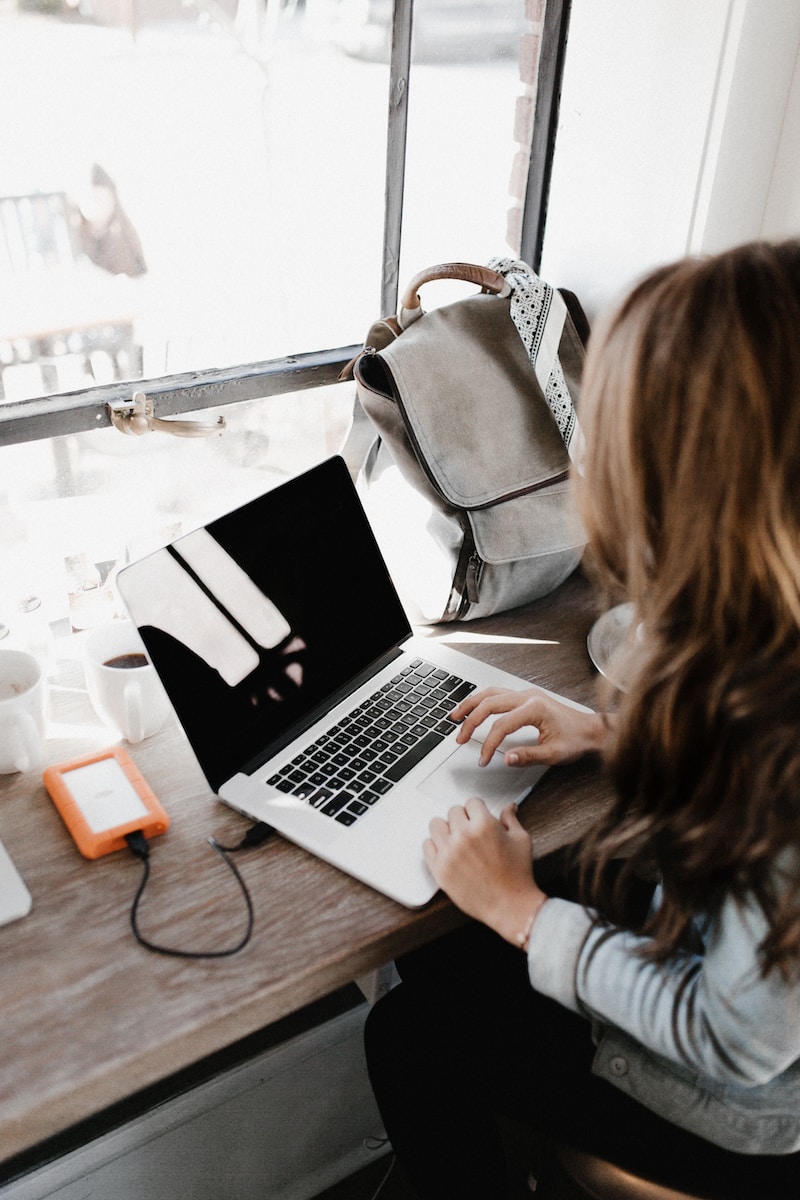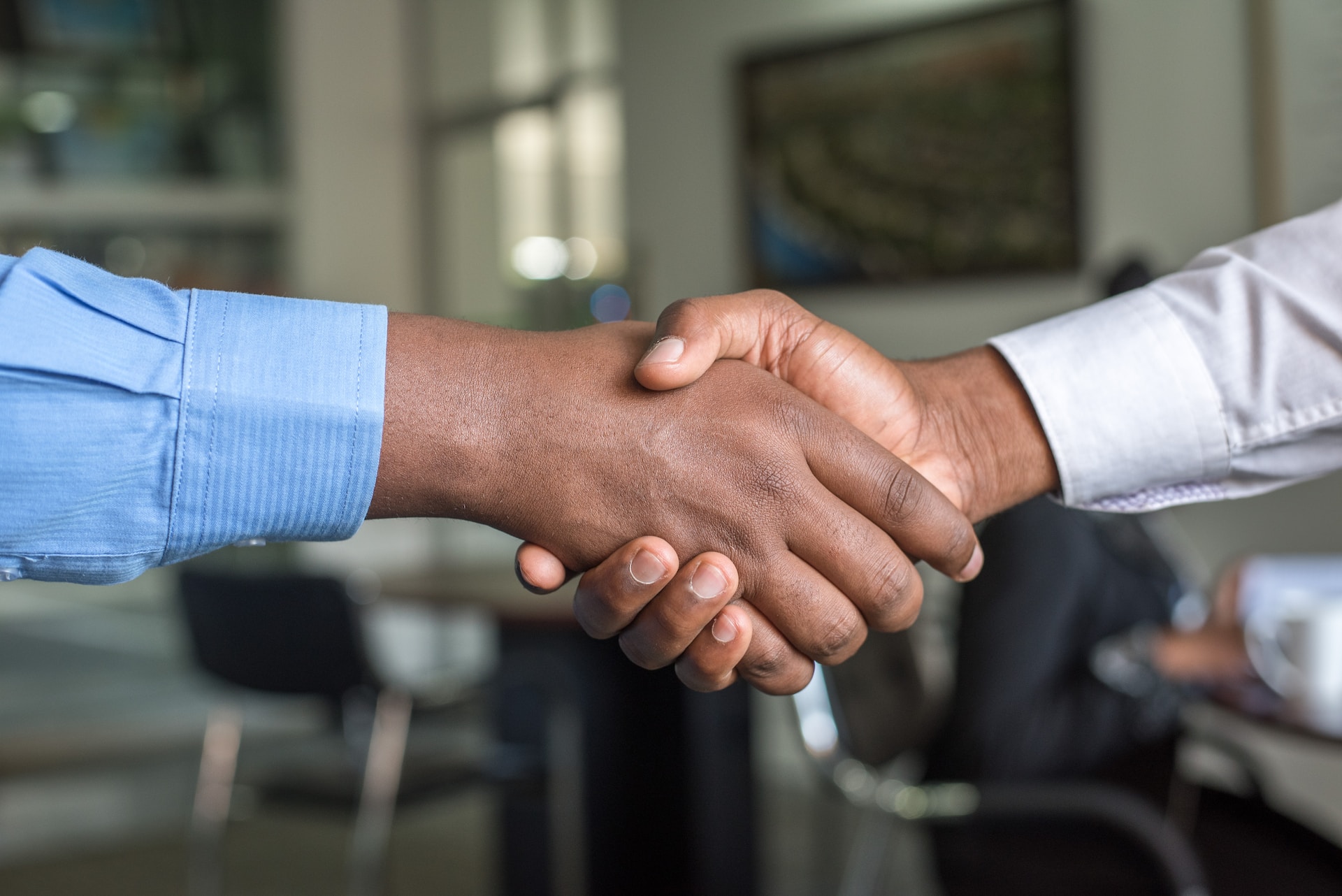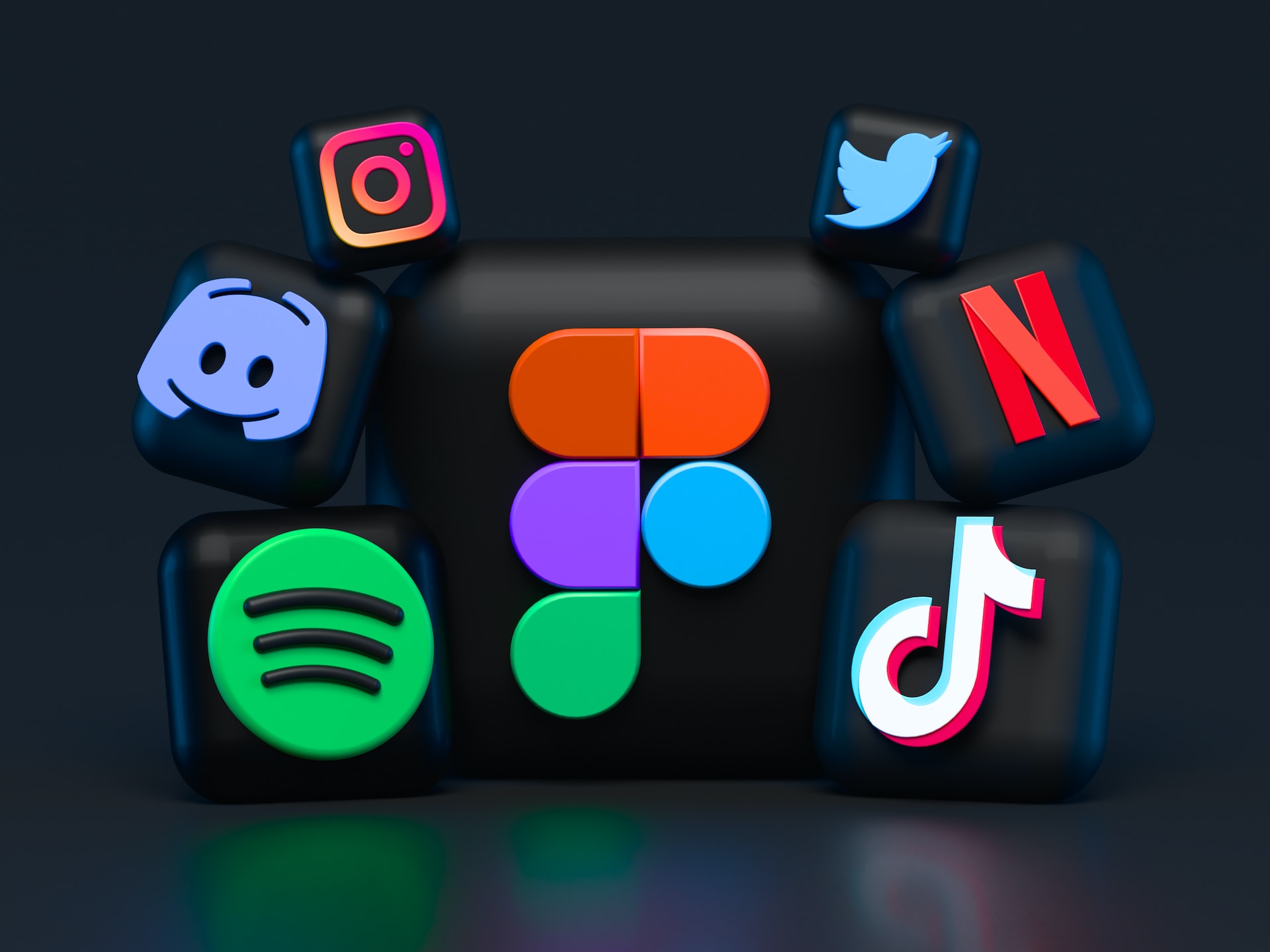Forget heading to the gym or sorting out your diet; make 2023 the year you finally find the job of your dreams. But with a job search comes interviews, and usually plenty of them.
If your interview skills are a little rusty, then you’re probably being nervous. Completely natural! And also, don’t worry about it. You’ll be perfectly prepared for anything thanks to commercial interior designers, Diamond Interiors, who got the down low from three different business owners on what it takes to have the perfect job interview.
1. It starts before you get there
Every interview starts long before the first handshake. You never know who you might sit next to on the bus, or stand behind in the coffee shop queue – anyone could be your interviewer. So always be sure to project a friendly, professional and confident air from the moment you step out your front door.
Of course, you’ve already prepared to arrive early. Not on time, early. Make sure the receptionist knows you’re there, have a chat, turn off your phone and take note of your surroundings – it may make for good small talk topics later.
Resist the urge to cram in some last minute prep. You don’t want to come across as flustered or under-prepared, but rather organised and calm.
2. First impressions count
Stating the obvious? Maybe. But never underestimate the importance of establishing a real connection, and putting across the best version of yourself. Make eye contact, smile, give off positive body language, give a good handshake, and be enthusiastic. Be yourself, but also the best version of yourself. After all, everyone wants to work with people they like, so use this to your advantage.
Nick Politt, managing director of Diamond Interiors, says you only have mere minutes to show your best side: “It’s not unheard of for hiring decisions to be decided a few minutes into the interview. First impressions are difficult to change; people form opinions and stick to them. So you always need to put your best foot forward. Personally I like to see a smile, a firm handshake, and a little bit of chat before the more formal part begins, rather than a silent walk to the boardroom. Make that connection and impression straight away, and make it the very best you can.”
3. Prep for small talk
Small talk always comes first and, love it or hate it, there’s really no way around it. Getting your small talk right can make or break the interview. It’s how we build rapport and affinity, and can be the first clue for your potential employers of whether you have the right ‘chemistry’.
Part of small talk is undoubtedly being able to think on your feet and improvise, but you can still do a little prep work beforehand to keep the conversation flowing smoothly. The key is to have a few mutual topics up your sleeve, and here’s some to keep in mind:
- Family – If you spot a picture of the interviewer’s family on their desk, ask about them, and perhaps be ready to respond with an anecdote of your own.
- Sports – If there are signs your interviewer is a sports fan, have some questions at the ready.
- Business – Has the company been in the news recently? Good news only here, of course.
Claire Crompton, commercial director of SEO agency The Audit Lab, says she often hires for culture over everything else: “Unless you’re hiring for a senior or highly technical role, it’s becoming more important than ever to hire for culture first. If a person doesn’t have the right personality for your business, then they won’t fit in with the team around them, and quality and productivity is likely to suffer. This can work really well when you’re hiring for junior positions or straight out of uni – pretty much any skill can be taught – but if you’re hiring further up the ladder, then patience and perseverance are required to get the balance right.”
4. Be memorable
Unfortunately, interviewers often don’t remember much about every person they speak to – a downside of speaking to multiple candidates for one position. To jog personal memories, you may be referred to as “The Runner” or “The Cat Person” – so make yourself memorable; as soon as someone says “The Crossfit Guy”, someone else immediately says “Oh yeah! Them! They were good!”
So, what makes a good hook?
- Clothes or personal style (for the right reasons)
- Unusual fact about you (again, within reason)
- An outside interest
- A past job (maybe you scooped ice cream for the Spice Girls in high school)
Hooks are memorable, and they create an anchor for people to remember you by. And never underestimate the power of being memorable.
Jessica Morgan, owner of Carnsight Communications, prefers to take an informal approach to her interviews:
“I don’t like putting people on the spot. I believe people are at their best when they feel comfortable – that’s when they really deliver. I want to see what they can offer and I want to see a glimpse into the real person – so I try to make people feel at ease during an interview.
“It helps if they’re talking about their achievements and things they know about – at work but also their hobbies. I’ve actually just been on a WhatsApp chat with someone I interviewed 20 years ago for a role! The thing that stands out from that interview was his passion talking about running a radio show at university. He came alive and I saw a bit of the real him and hiring him was one of the best decisions I made in that role!”
5. Be on message: What can you offer?
Channel your inner politician, and think of three or so key points that you want to get across, and stick to them. Think about what you can offer the role and the company, such as your management skills, your technical expertise, or your experience with digital. Try to work these three or so points in naturally wherever you can, but don’t overdo it.
If you’ve interviewed before, you’ll know that there are some common questions that appear throughout. Be prepared for them and have answers ready to go.
6. Question time
“Do you have any questions for us?”
The answer should always be yes, by the way. A couple of smart questions will help you learn more about the company so you can decide if the role is right for you, but it also shows the interviewer that you’re interested.
Here’s a few suggestions to spark your imagination:
- How would you describe the company’s culture?
- What do you like about working for this company?
- How do you see the company evolving in the next five years?
- What does the ideal candidate for this role look like?
- Is this a new position? If not, why did the person before me leave this role?
Sanjay, past recruiter and now owner of Spice Kitchen, regularly conducts interviews and is baffled when candidates don’t come armed with questions: “Questions at the end are so important – an interview is a two way process and we need to be right for the person as much as they need to be right for us. How can someone have zero queries about such an important part of their lives? I think it’s also crucial to demonstrate curiosity – I want to be asked about the vision for the business, our plans to expand, and how they can help us take things to the next level.”
7. Leave as you came in
Even if you’re not 100% sure how it went, nobody likes a sourpuss. Always leave the interview in a positive and friendly manner, so their last impression of you is a good one. End on small talk – ask about their weekend plans or if they’re going to get to any sports games – give a good handshake, look each interviewer in the eye, and smile.
Just as you did when you came in, treat every person you pass on your exit as though they decide your fate at this company. Remember that every single person is a potential touchpoint, and they should all have a favourable impression of you.
8. It’s all in the follow-up
You may not want to be the eager beaver who follows-up, but we encourage you to be just that. Remember what we said about being somewhat forgettable? A polite follow-up is the perfect way to be the exact opposite of forgettable.
Email follow-ups are great, but handwritten ones are even better. If you were asked to provide additional information, or a link to your work or a subject discussed, use email. The more carefully you listened during the interview, the more casual and off-the-cuff anecdotes you will be able to sprinkle in to make your follow-up seem unforced.
Oh, and never forget to say thank you. That’s just polite.







